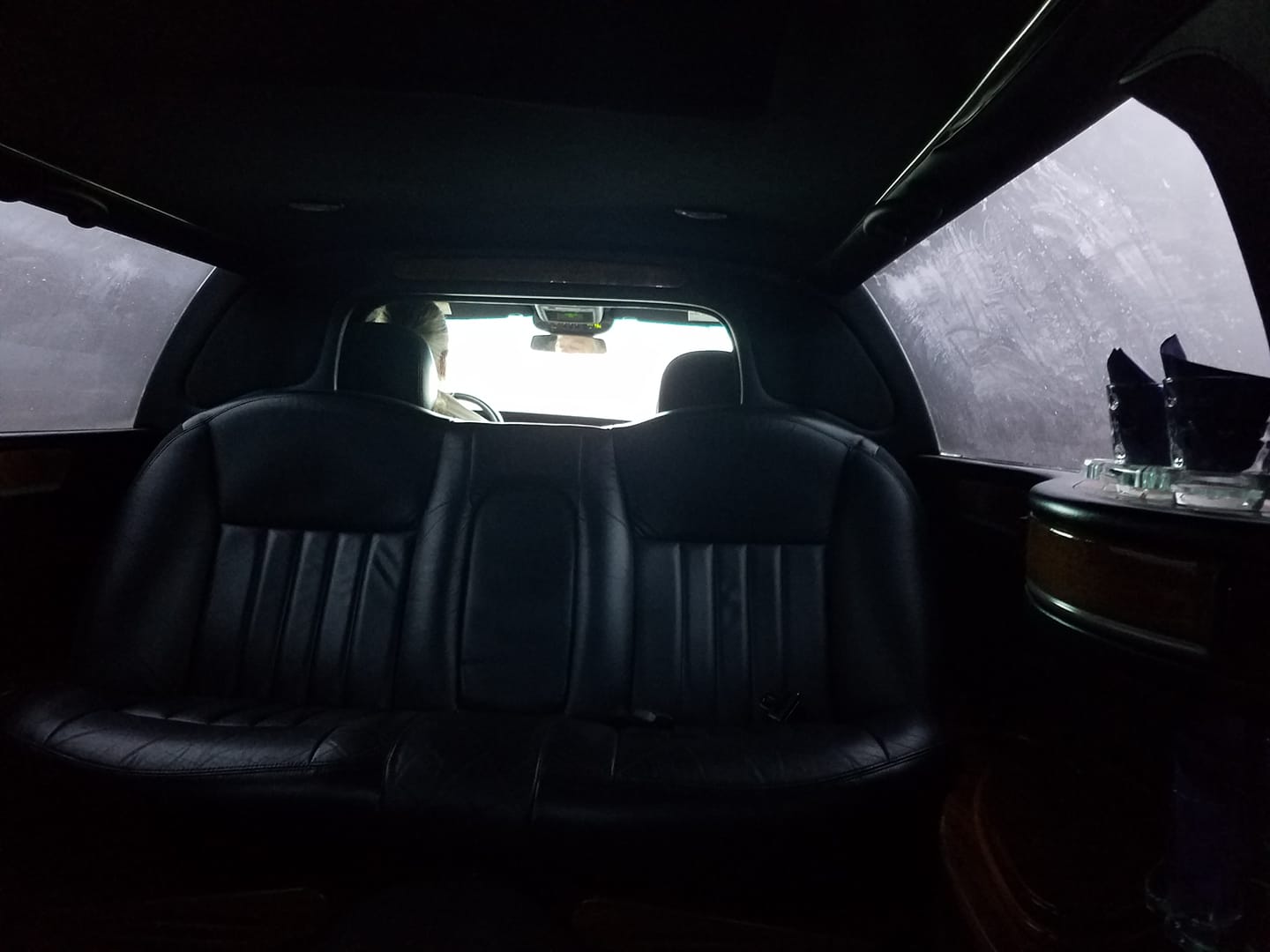I was home on leave from the army. It was the fall of 1959. Warren Quinn had an extra ticket to Madama Butterfly, with Leontyne Price in the title role. It was Warren, one of my best friends at South Shore high, who first opened my ears to classical music. My leave time was limited, but I wasn’t going to turn down the opportunity to spend time in his company. I had a crush on him then, though he wouldn’t find that out for about another thirty years. We sat in the nosebleed section of the upper balcony, but the voices, unmiked in those days, were strong, the acoustics perfect, and the music sublime. I thought, “where has this been all my life?” By January, I was a civilian again and used some of my mustering out pay to buy season tickets. I’ve held them ever since and don’t plan to give them up. They are a central pillar of my well being, and, as Charlton Heston said of his guns, they’ll have to tear them from my cold, dead hand.
It’s tickets plural because it means so much more if there’s someone in the next seat to whom you can turn to share your exhilaration or dismay. There’s always been someone, friends of both sexes, boyfriends, relatives, co-workers, college classmates, and then, for years and years, John. That next seat has never been empty until the other night.
It’s less easy now to interest company when they know it means opera. What was once a familiar aspect of popular culture has become alien, to be approached, if at all, with dread and foreboding. Depending on your age, you may find this hard to believe, but there really was a time when mass audiences found it agreeable at the movies when a character would break out with an aria. The Great Caruso was one of the biggest box office hits of the ’50’s. Late night talk show audiences used not only to recognize but welcome opera stars like Marilyn Horne and Beverly Sills. No more. Few of my friends think of opera as entertainment. Times change, and with myriad options for amusement, it becomes easy and comfortable to splinter off into narrow cultural niches, excluding all but the tried and tried and tried . . . and true.
This weekend, it was not disinterest, but illness that felled first a relative and then a friend and had me heading off to the opera by myself. For reasons I’ve recounted in previous blogs, I was not driving, but had booked a car. I had told them a car would do; I had no need of a limo. I’d have been content to squeeze into a smart car. What rolled up instead, and far too early, was the longest, blackest Cadillac I’d ever seen. The driver ushered me into the back and told me if I needed anything along the way, or a pit stop, to let him know. He locked my door and took the driver’s seat, several miles away. The windows were steamed up. I could see nothing outside. The interior was luxurious. And black. A couple of times, I tried to speak to the driver just to pierce the heavy silence. He couldn’t hear me. I’d forgotten my bullhorn. So much for pit stops.

I began to feel peculiarly entombed, in a coffin on wheels, whizzing toward a restaurant which wouldn’t be open when I got there. Where were the traffic jams? the construction? No, my speed jockey knew every possible shortcut. He dropped me off in the rain with half an hour to kill, and nowhere to kill it. I entered the hallway outside Rivers where there was no place to sit, just walls. Well, why would anyone come this early? But God bless Yolanda, the hostess. She spotted me and insisted I come in. “We’re not open yet, but this is a nasty night, Mr. Kingsmill. You need some wine. Let me get you to a table.” I was brought not only wine, but bread and butter, water, and the company of two of my favorite servers, Kelly and Jason. Sometimes, I feel truly and undeservedly blessed. No, not just sometimes.
Around five, I was joined by Mike and Julie, long time opera buddies. Mike was getting over a cold, but they hadn’t wanted me to dine alone any more than I wanted to. Too much time for solitary reflection, and it was a treat to have this amusing pair all to myself. After supper, I decided not to let my extra ticket go to waste, and offered it to Yolanda, in case she could get away, which she had once been able to when John got sick. Evidently, she couldn’t this time, for just as the lights went down in the auditorium, the seat I’d saved for her in the box was taken by a pretty young lady who I assume is a Rivers employee. Fine.
Except it wasn’t. She seemed befuddled. Of course, the plot of Il Trovatore is enough to befuddle anyone. The Marx Brothers made hilarious use of it in A Night at the Opera. But the singing was full-throated and rapturous, so much so that each aria and chorus were greeted with thunderous ovations. But not by our millennial newcomer. Not only did she not applaud, she regarded those of us who were doing so with a wary expression of WTF? She fled at intermission and won’t be back. I had noticed a bag lady outside the theater who might have welcomed a few warm hours inside, even if it meant an opera. Next time.
When my driver tried to install me once more in the rear of my hearse, I asked if it would be okay if I sat up front with him. It was. It was a lot less lonesome, and he turned out to be nice.



